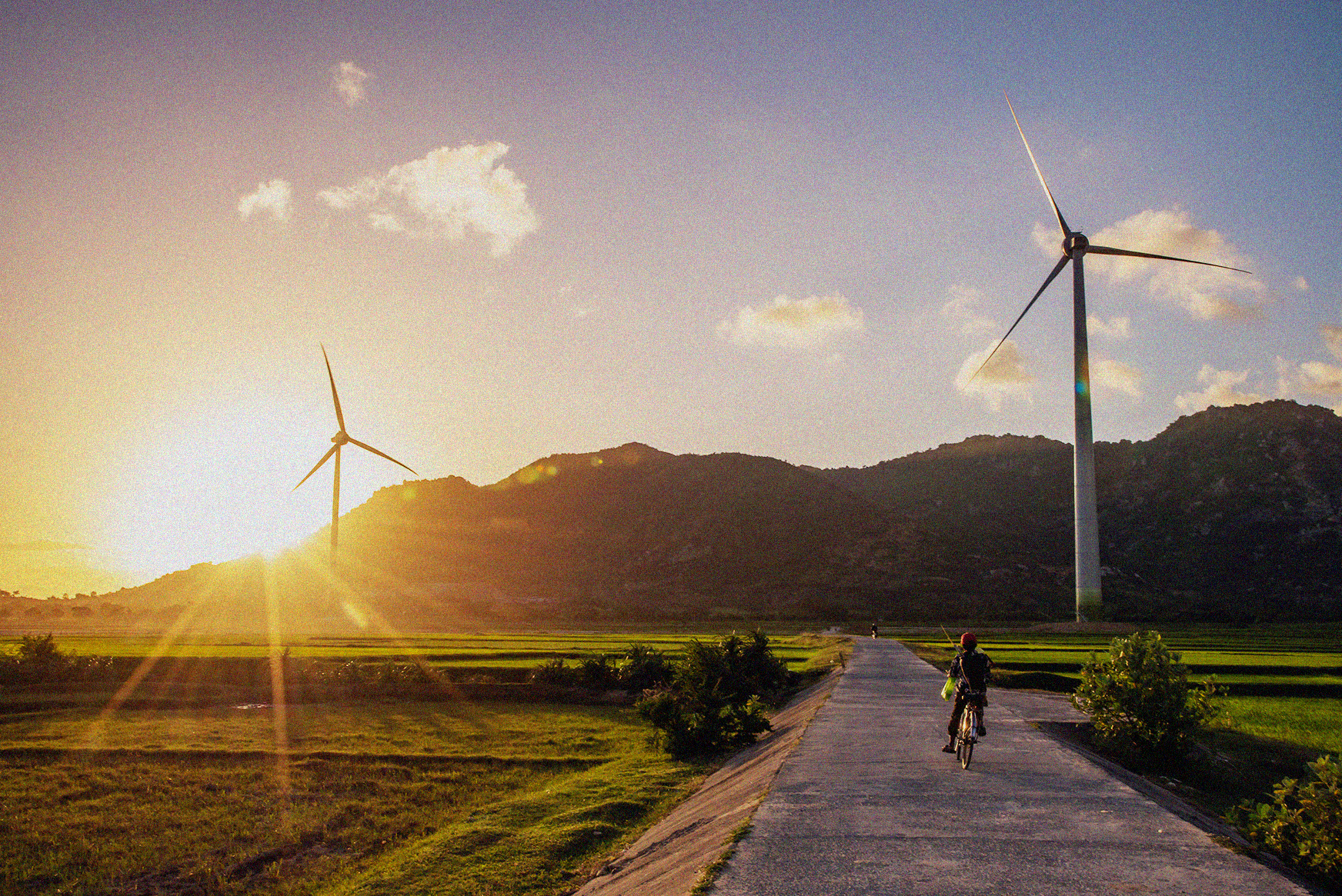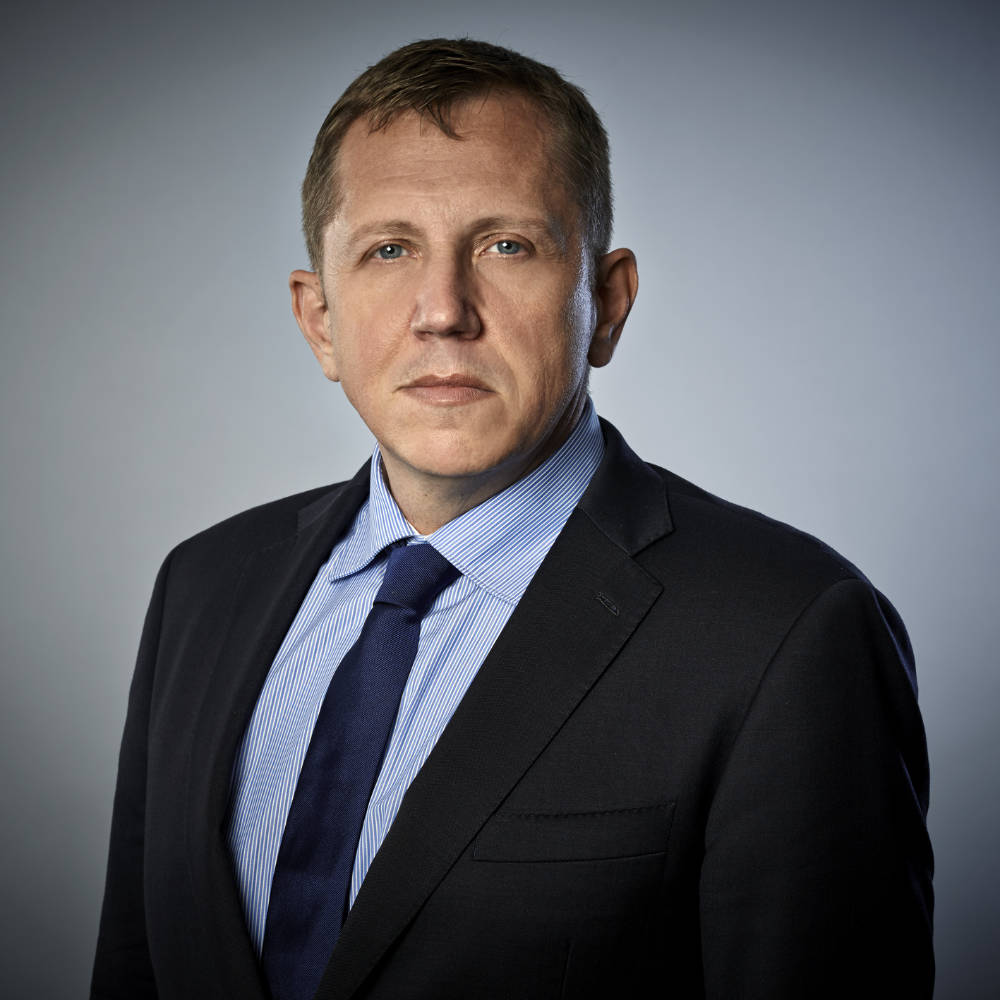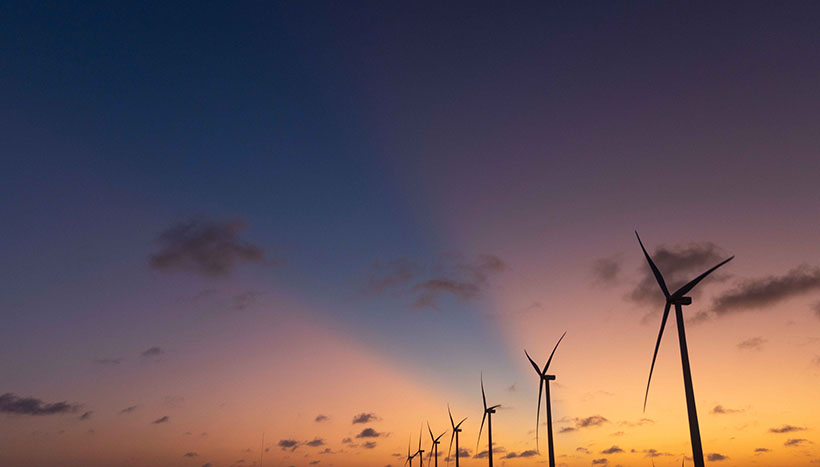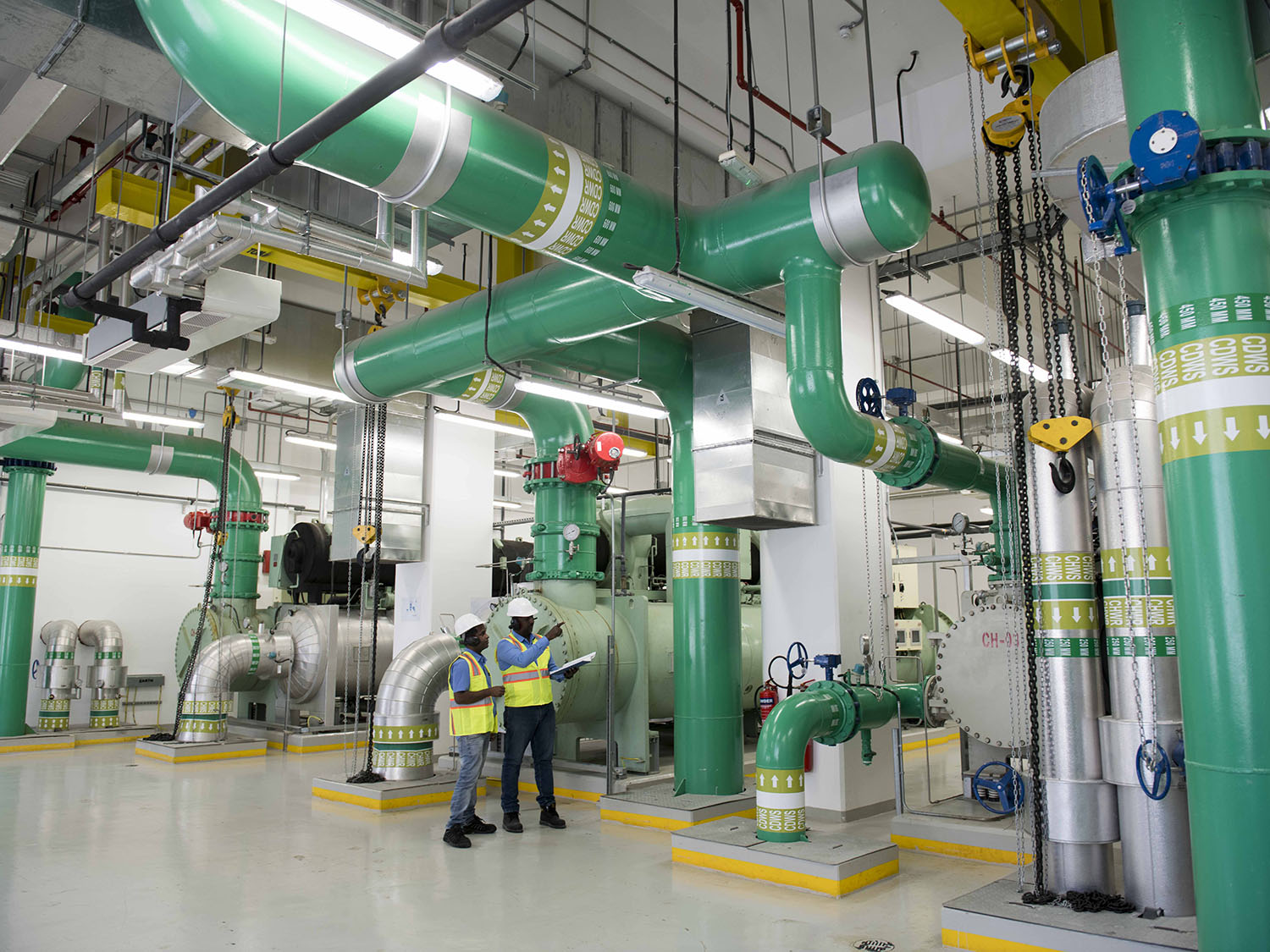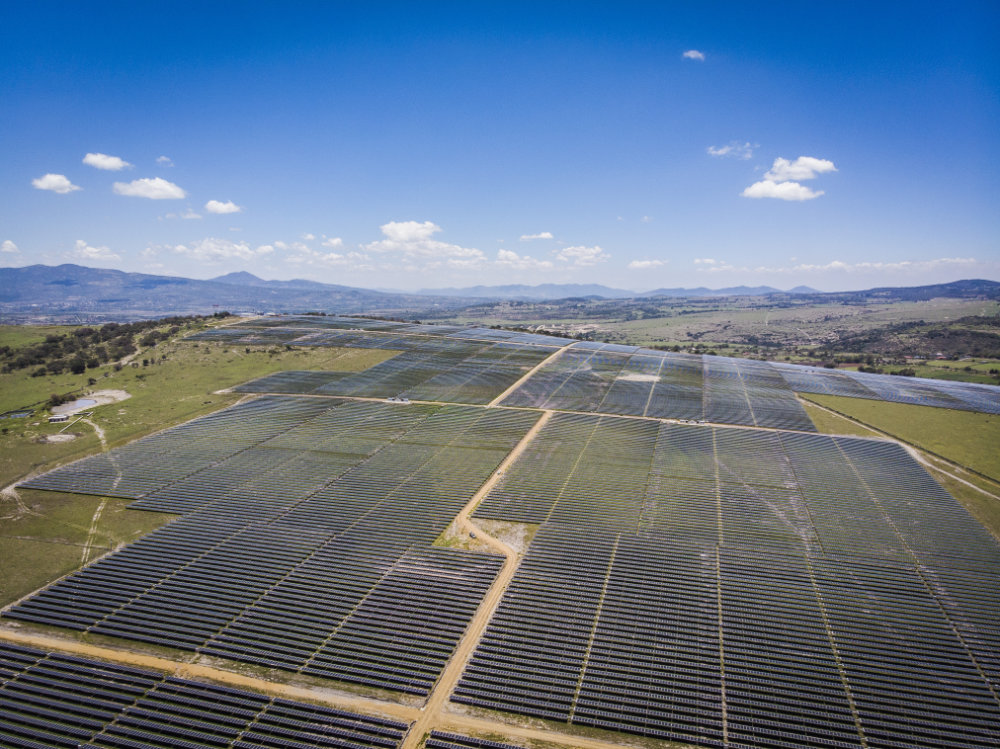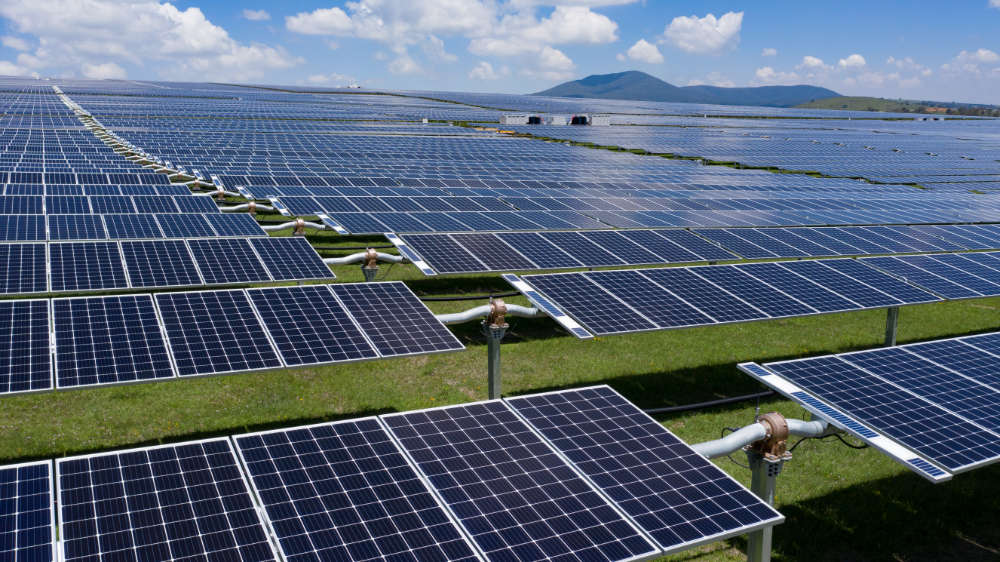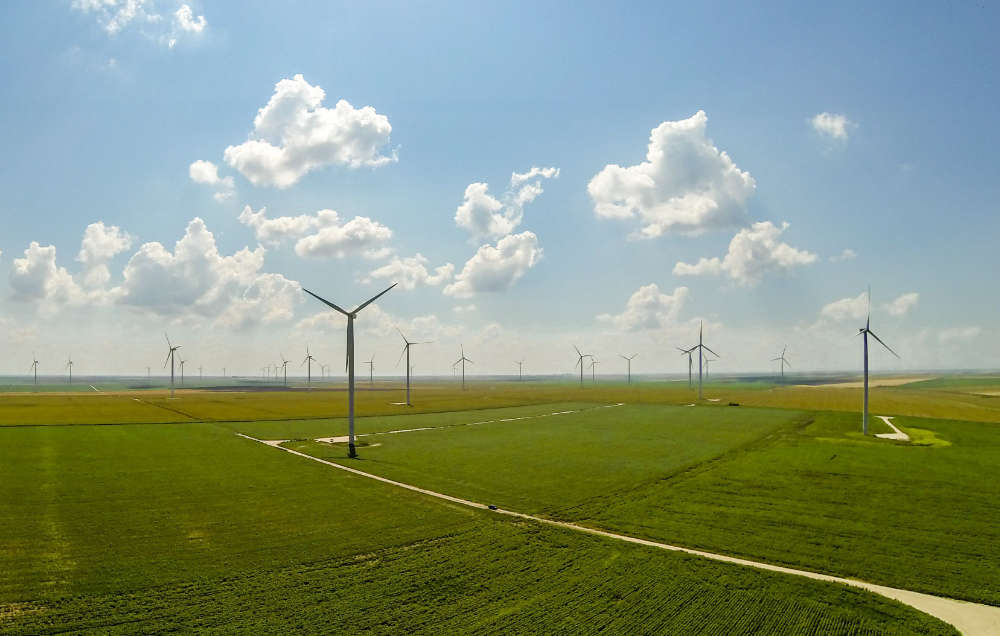The global energy crisis is revealing the continued risks of fossil fuel dependency. Countries around the world are coming to see how relying on oil, coal and other fossil fuels leaves them exposed to supply interruptions and price volatility that can have a devastating impact on lives, as well as on the economy as a whole. Meanwhile recent heatwaves have laid bare the consequences of not getting a sufficient grip on our climate challenges.
The current energy crisis began long before the invasion of Ukraine. Asia for example had already seen a rapid increase in the price of coal and Liquified Natural Gas thanks to the economic revival in the wake of Covid-19. China has suffered from industry shutdowns thanks to the high price of coal. Issues such as these were already creating problems even before the war in Ukraine highlighted just how fossil fuels can be used as a geopolitical weapon. The energy security challenge is indeed a global one.
That we are in such a crisis should not be a surprise. It is a direct result of what has so far been a delayed and disorderly energy transition to cleaner fuels. The transition has been carried out in a piecemeal way; some countries are moving relatively quickly, while in others, progress has been glacial. But wherever we look, progress has not been fast enough. If the world had acted more quickly, and in a more concerted, systematic way, to increase renewables’ role in energy markets, we would not be vulnerable to fossil fuel volatility to the extent we are today.
The way to fix this problem is by making a more concerted push to reduce our dependency on fossil fuels, quickly scaling cost efficient, already existing technologies like wind and solar PV and making a concerted push to build out critical infrastructure such as grid. Renewables can be deployed quickly, and many utility scale renewables projects are shovel-ready to start construction. Yet they are not being installed quickly enough.
“Renewables can be deployed quickly, and many utility scale renewables projects are shovel-ready to start construction.”
The Global Wind Energy Council therefore recently launched a five-point plan to provide a framework that would accelerate renewable energy generation that in turn would achieve greater energy security, while also ensuring affordability for all and creating the greatest impacts to help solve the world’s climate problems. The plan involves:
Streamlining the often-bureaucratic system of permitting to secure a huge increase in both offshore and onshore wind capacity
- Implementing an action plan around access to grids to ensure connectivity
- Introducing simplified mechanisms of procuring and pricing clean power projects to unlock investments
- Avoiding committing to large-scale fossil fuel projects
- Committing to firm energy transition plans to give the renewables sector confidence to plan and invest in a robust supply chain
Governments have a key role to play in helping drive this agenda
They need to build out grids, and ensure projects can be pushed through quickly. They also need to provide planning systems that are fit for purpose, and ensure that the right regulatory system is in place so that projects can be built at speed. And they need to create the right market signals so that capital is allocated efficiently. Renewables are now generally cheaper than fossil fuels, yet investment in the sector is not growing nearly as quickly as the world needs it to.
We will also need to build a far bigger, more robust supply chain – at least ten-times bigger than today. Many in the supply chain, notably turbine manufacturers, are not currently making enough money to be able to make the massive investments needed for us to scale up deployment and reach Net Zero. There has been a race to the bottom as energy companies fight for limited opportunities in auctions and squeeze manufacturers. At the same time, those manufacturers are seeing their own margins squeezed by inflation: the cost of steel, copper, aluminium, rare earths and logistics have all soared. There needs to be a better market framework – such as a more consistent, sizeable programme of auctions, or price floors – that better balances the relationship between buyers and sellers.
There are, however, a number of bright spots. One of the hopeful signs is the way private capital has scaled up and adapted over the last ten years. There are now a huge number of firms financing renewables. What used to be a relatively niche investment class is now mainstream: pension funds and sovereign wealth funds are queuing up to get into the sector. It has become a clear, attractive investment destination, one which demonstrates that if the right market signals are there, the private sector will quickly respond.
And there are a number of success stories around the world too. The rise in ambition that governments are showing is encouraging. Countries with economies as diverse as China and the United States are deploying huge amounts of wind and solar successfully. In Latin America, countries like Chile and Brazil are proving to be joined up in their thinking when it comes to renewables, and are building momentum. Meanwhile Vietnam has recently switched from having a coal-heavy power development plan to one that has its main focus on renewables.
In spite of these successes however, at a global level there is still a need for a more concerted, collaborative approach to the energy transition. It is only by setting clear guidelines, and ensuring a favourable environment for renewable energy investment, that wind, solar and others can fully play their part in carrying out the energy transition and creating greater energy security around the world.
Ben Backwell is chief executive of the Global Wind Energy Council. For more details on their five point plan, please visit GWEC’s website
